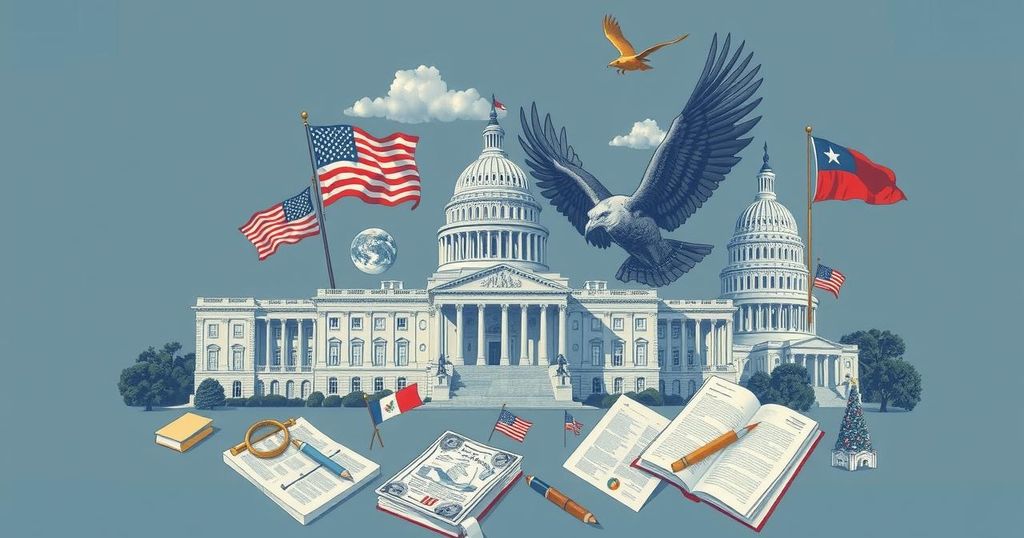Four Major Issues to Watch as Congress Returns Next Week
Key Issues Intersecting Congress’s Return Next Week
As Congress reconvenes next week, all eyes will be on a handful of critical issues that could shape the legislative landscape. First up on the agenda is President Trump’s list of proposed rescissions – a fancy term for suggested cuts in current spending plans. Word has it these cuts could reach a staggering $9 billion, according to reports from Punchbowl. Unlike traditional spending cuts that are debated and voted on in future budgets, rescissions are unique; Congress has 45 legislative days to either accept or amend Trump’s proposals. If the clock runs out, the suggested cuts expire, and the funding remains untouched. Among the proposed cuts is likely a significant one to the Corporation for Public Broadcasting, which could impact around 1,500 local media shops, not to mention NPR and PBS.
Reconciliation Process for Tax Cuts Looms
Next on the list is the ongoing reconciliation process concerning tax cuts. When we last left the Republican majority, they had made significant strides with the budget resolution that would pave the way for expanding and extending Trump’s previous tax cuts. This process allows them to push through certain measures with a simple majority in the Senate – this is crucial since timing is tight. As the deadline draws near on May 9, committees must ensure that they draft the necessary sections for tax cuts, all while grappling with complex questions surrounding spending cuts and an increase to the debt ceiling. Not to mention, they need to decide which tax cuts should be included, who stands to benefit, and for how long. It’s going to be a tall order, to put it mildly.
Medicaid Reform Challenges Congress
Medicaid’s future is another thorny issue bleeding into this reconciliation mess. The instructions handed down to the House suggest that without significantly cutting or reforming Medicaid, their ambitious goals simply won’t be attainable. However, the Senate’s instructions are more relaxed, which paves the way for further negotiations between the two chambers. Undoubtedly, this will lead to intense debates among Republican lawmakers as they try to reconcile their differences and figure out the best path forward in crafting what Trump has dubbed his ‘big beautiful bill.’ Now, with Medicaid at the heart of this discussion, priorities among Republicans may clash fiercely.
Democrat Senators Use Holds to Block Nominations
Lastly, we can’t overlook the Democratic strategy involving nomination holds. Several Democratic senators are currently utilising a Senate procedure to stall or sweep and block Trump’s nominees. This tactic, known as a hold, slows down the nomination process, meaning the president’s picks cannot be fast-tracked. For instance, Senator Brian Schatz from Hawaii has placed holds on around 300 nominees, objecting mainly to severe cuts at USAID. Senator Ruben Gallego from Arizona echoed similar sentiments regarding Trump’s veterans affairs choices. Meanwhile, Senator Ron Wyden has objected to a cybersecurity nomination, insisting on a report on telecom issues. Lastly, Adam Schiff from California has withheld support from a U.S. attorney nominee linked to the January 6 events, branding him a true Trump loyalist. With such pushback, the president could well have a hard time getting his nominations through, sparking threats of recess appointments from him as a counter.




